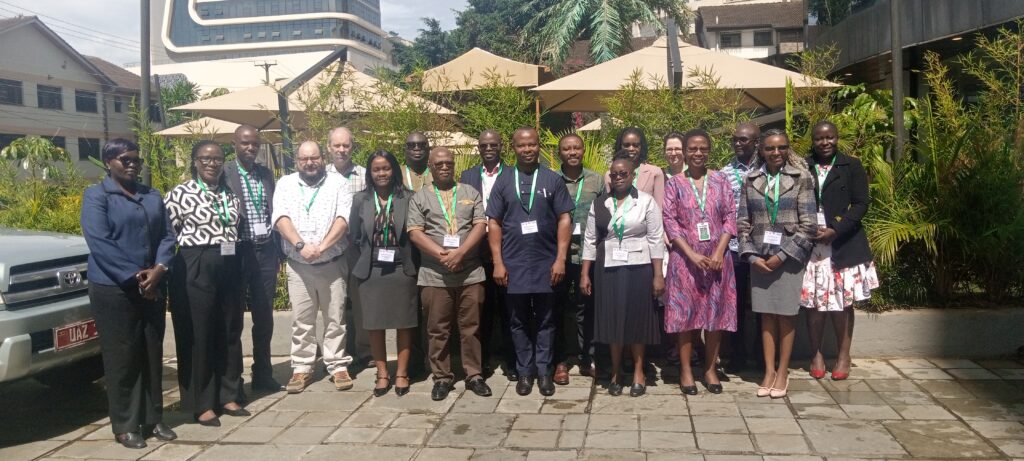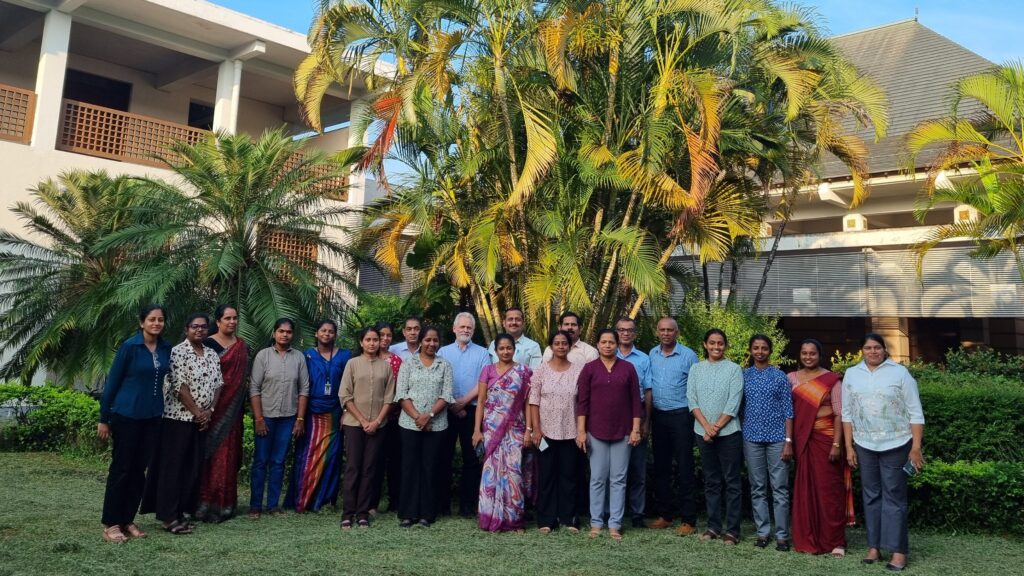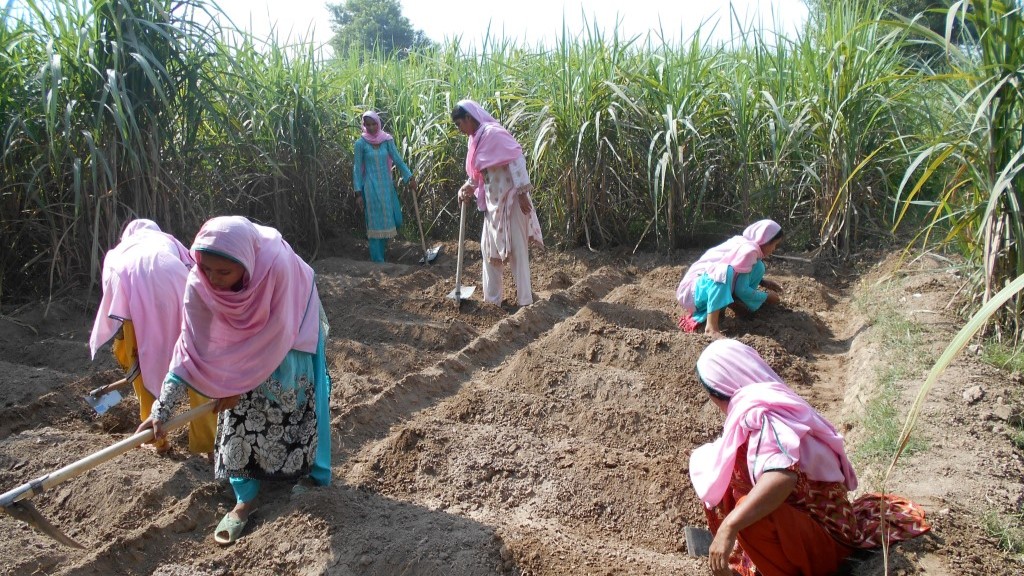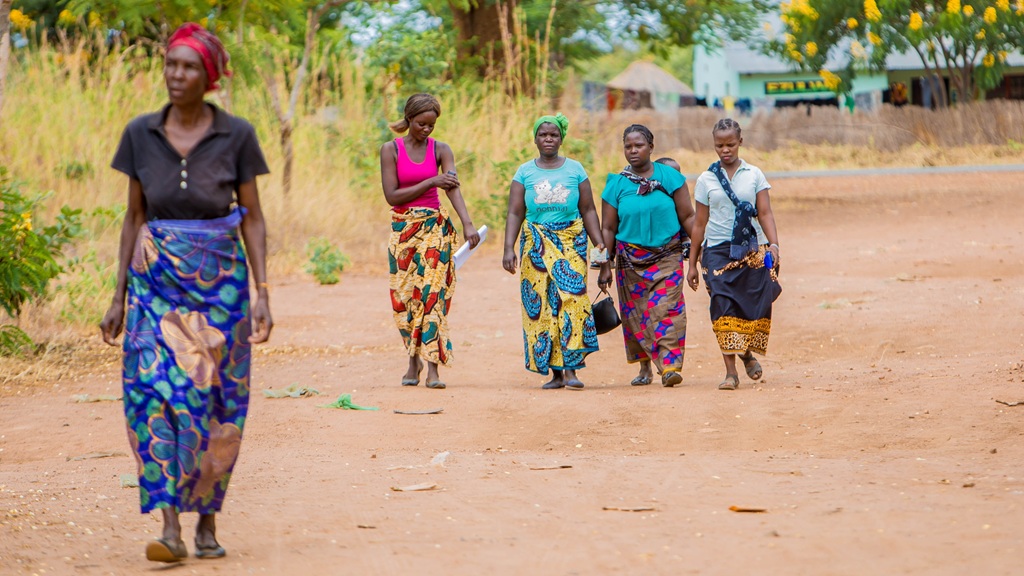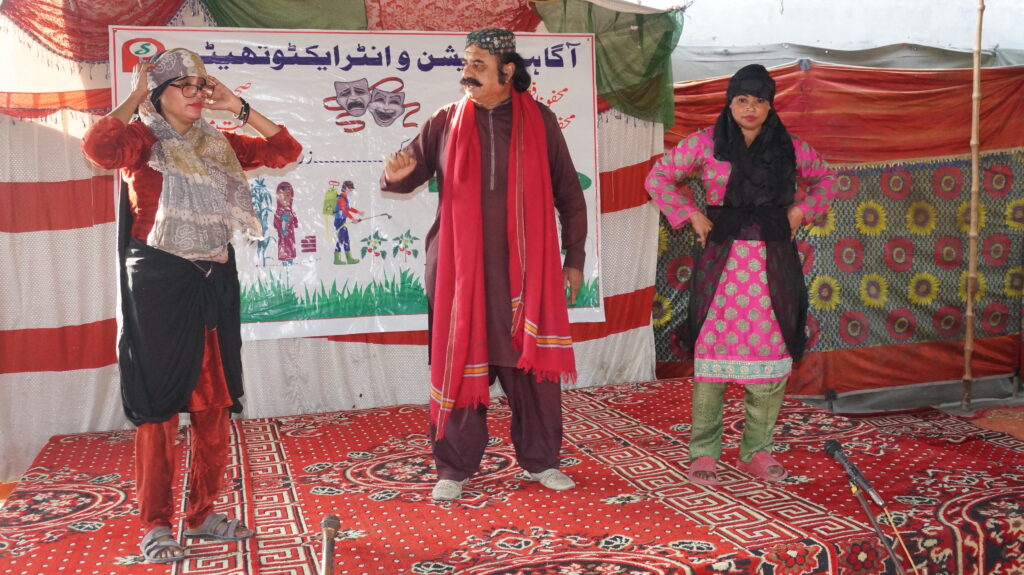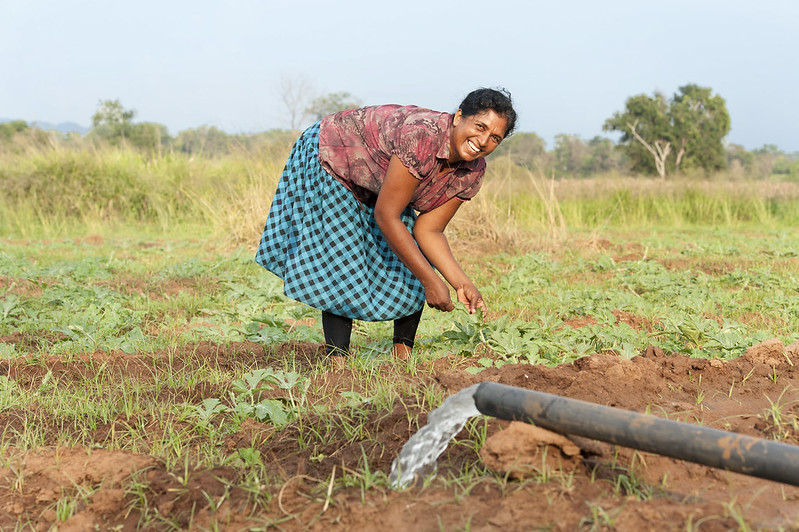How do pest risk registers address the spread of plant pests in Africa?
Pest risk registers can help to solve problems in agriculture, addressing the growing global threat of plant pests. Moreover, changing weather patterns, led by rising temperatures, are causing them to reproduce faster and expand into new regions. In addition, global trade and increased movement of people are accelerating the spread of pests across borders. These…
Training Sri Lanka’s agro-dealers in pesticide risk reduction
Agro-dealers provide vital support to Sri Lanka’s farmers. These agricultural input suppliers are often the first point of contact for smallholders who need advice on plant protection products. However, agro-dealers often lack formal training in safer pesticide use and pesticide alternatives. This can lead to the misuse of agro-chemicals, environmental harm, and health risks for…
Empowering women farmers in Pakistan with pest control knowledge
Women farmers in Pakistan play a central role in the country’s economy. However, many struggle to access essential information about sustainable farming approaches. Women make up nearly 66% of the agricultural workforce in Pakistan. Yet they receive very little agricultural extension advice. This lack of support creates serious challenges, particularly when it comes to managing…
Empowering women farmers through Gender Technical Working Groups
How PlantwisePlus is championing gender equality in agriculture through GTWGs Gender Technical Working Groups play a vital role in advancing equality in rural communities. Women in villages often have less access to knowledge, resources and power than men. They are less likely to be able to attend agricultural training. In addition, many struggle to secure…
CABI calls for gender equality for rural women in Pakistan
Every year, Rural Women’s Day is celebrated on 15 October. It recognizes the valuable contributions that women living in rural communities make to agriculture, food security and rural development. In Pakistan, this is important. According to Relief Web, Pakistan’s total female population is over 101 million. However, around 64 million women – more than half…
Empowering women farmers in Ghana: Introducing the gender handbook for extension agents
At 42%, women form a large and important part of the global agricultural work force. In Ghana, this figure is even higher. Here, women make up 52% of the labour force and produce 70% of food crops. However, gender norms and stereotypes often prevent them from fully participating in decision-making on family farms. This impacts…
Changing behaviour around pesticide use can make farming safer – here’s how
Chemical pesticides can be an important part of a pest management strategy, helping to prevent food losses and waste. Synthetic fungicides, herbicides and insecticides can effectively control pest threats, and this is beneficial for food production. However, pesticides have a downside. They pose a health risk to consumers, farmers, animals and the environment. These risks…
Pesticide risk reduction can contribute to food safety – here’s how
To mark World Food Safety Day on 7 June, with the theme of the year “Food safety: prepare for the unexpected“ we take a look at the ways in which the PlantwisePlus pesticide risk reduction pathway can contribute to safer food production.

